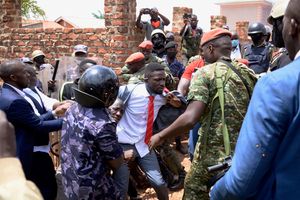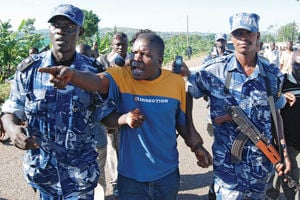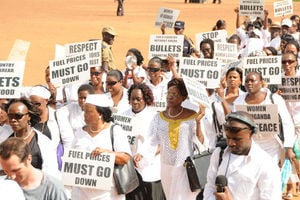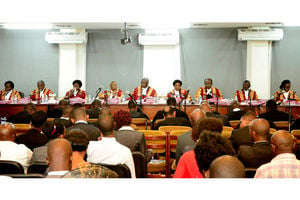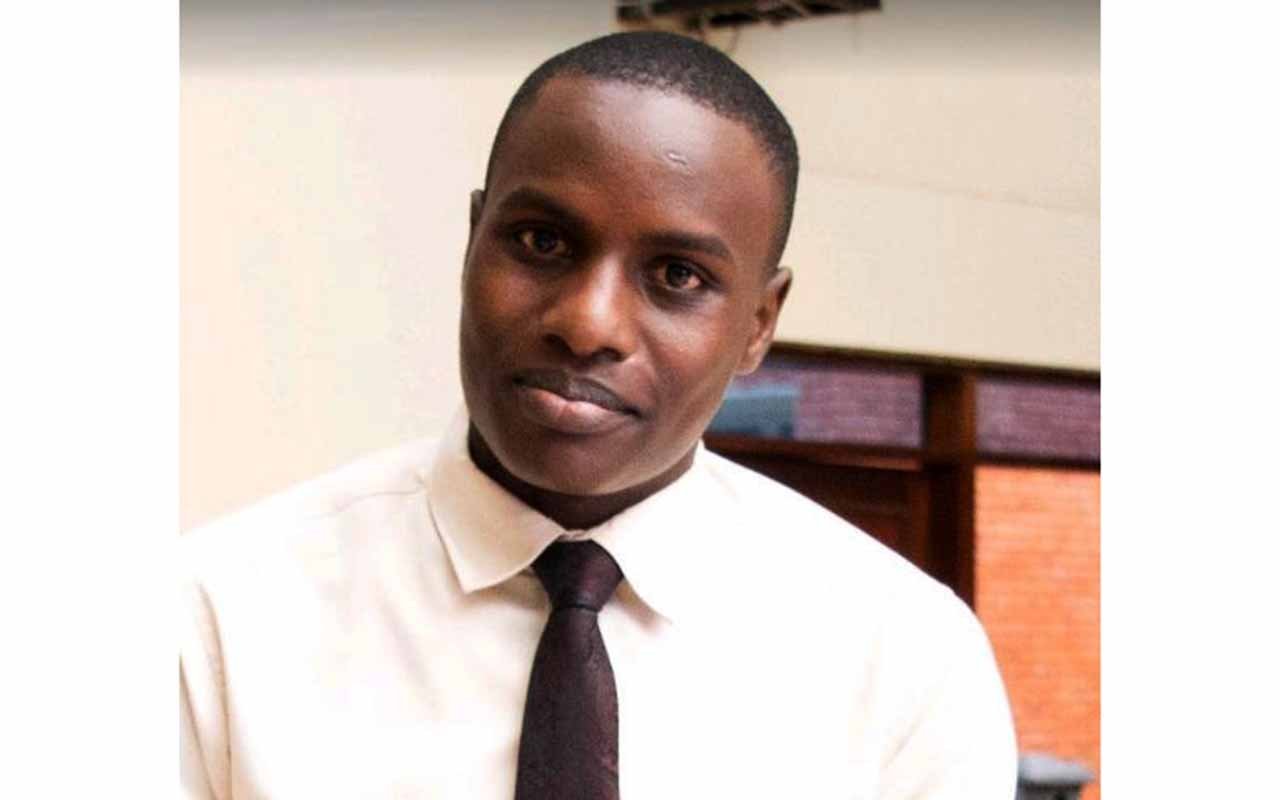
Writer: Peter Nyanzi. PHOTO/FILE
Public debate is raging over whether or not the government should allow public demonstrations against the marauding monster of corruption in Uganda to go on.
Well, it’s not my intention to give an opinion on the matter; instead, let me make an attempt to explain why demonstrating peacefully is deemed a universal human right.
Way back in 1948, the United Nations General Assembly formally adopted the Universal Declaration of Human Rights (UNDH), a landmark document whose aim was to promote and protect fundamental human rights and freedoms for all people around the world.
Article 20 of the UNDH states; “Everyone has the right to freedom of peaceful assembly and association,” which effectively guarantees the right of individuals to gather peacefully for meetings, protests, or demonstrations without undue interference from any authority.
To the framers of the UNDH, the right to freedom of association was deemed to be critical to the proper functioning of a democracy - the system of government in which power is vested in the people, either directly or through their elected representatives.
Shortly after gaining independence from the British in October 1962, Uganda also became a signatory to the UNDH, accepting to uphold all the principles outlined therein.
Additionally, Article 11 the African Charter on Human and Peoples’ Rights, to which Uganda became a signatory in 1986, guarantees the right of individuals to assemble peacefully to hold public meetings and demonstrations without interference, as long as they are conducted unarmed and peacefully and in accordance with the law.
Here at home, Article 29 of the 1995 Constitution also guarantees the right of every Ugandan to assemble and demonstrate peacefully and unarmed, and to associate with others.
Why was this right so deeply entrenched through these national and international legal frameworks? The reason is simple; in a functioning democracy, the government derives its legitimacy from the consent of the governed. The right to demonstrate peacefully or freedom of assembly must therefore be respected and protected because it allows citizens or individuals to collectively voice their concerns, disagreement or grievances and to advocate for reforms or demand for accountability in a non-violent manner.
Indeed, over the decades, it has been proved worldwide that allowing citizens to exercise this right has provided a mechanism for public engagement and participation in political processes, contributing to a more responsive and accountable government.
Peaceful demonstrations thus serve as a check on government power.
Refusing or restricting the right to peaceful demonstration is not only unconstitutional but is also counterproductive as it can have negative effects for society as a whole.
Firstly, it undermines democratic principles, a core component of which is active citizen participation and the right of citizens to express dissent and advocate for change in their community. Without the right of citizens to protest, government officials and institutions take citizens for granted hence neglecting the need to be transparent and accountable to the people.
Secondly, it can worsen frustrations and grievances, potentially leading to extreme forms of resistance or conflict as citizens push to make their voices heard through whatever means.
That’s why countries that reject or suppress this right usually come under the international spotlight, affecting their relations and image.
Mr Peter Nyanzi is a [email protected]
